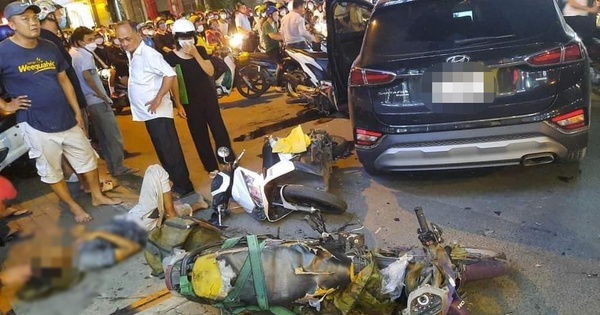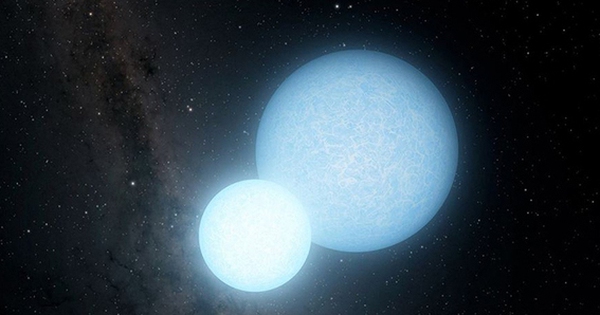While European countries are looking for unification to put pressure on Russia, Hungary and Turkey are giving opposite signals.
Specifically, on May 18 (local time), Turkish President Recep Tayyip Erdogan blocked a NATO voting procedure on quickly processing applications to join the bloc of Finland and Sweden. . Meanwhile, Hungarian Prime Minister Viktor Orban continued to oppose the European Union’s (EU) attempt to ban Russia’s oil, part of the sixth package of sanctions aimed at Moscow for its special military operation. in Ukraine.
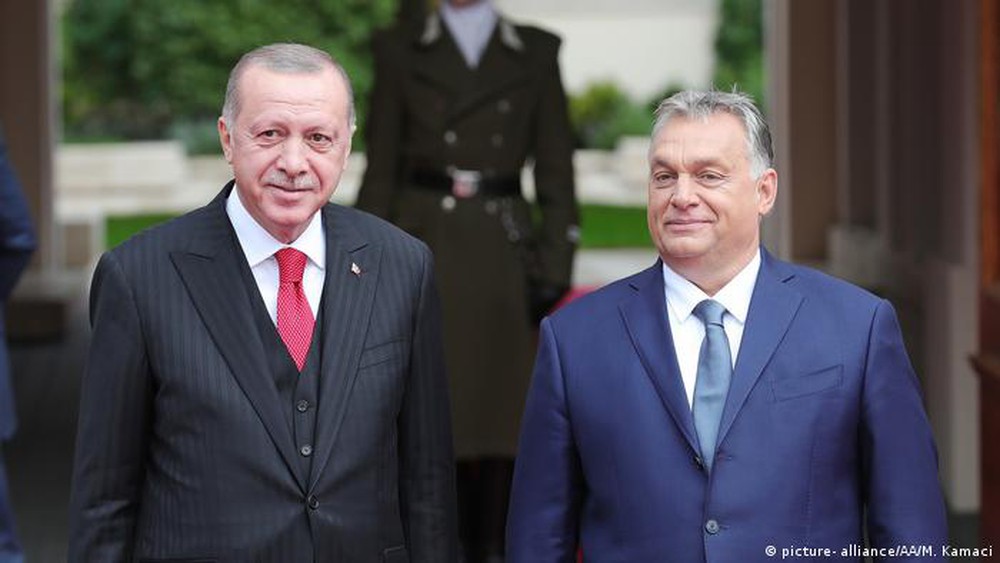
Turkish President Recep Tayyip Erdogan (left) and Hungarian Prime Minister Viktor Orban. Photo: AA
While NATO and the EU have shown considerable unity in their responses to Russian President Vladimir Putin’s military campaign, the two leaders’ actions have shown that tensions are rising as the conflict drags on. , peace talks seem to be going nowhere, and Western sanctions contribute to the economy, causing high inflation around the world.
According to the New York Times, Mr. Erdogan and Mr. Orban could be outliers in their organizations, and the two leaders could use the request for consensus in both NATO and the EU to address concerns. politics through opposition to collective action, at least temporarily.
Turkey’s wish
On May 18, a meeting of NATO ambassadors failed to reach an agreement regarding the handling of applications for membership by Finland and Sweden because Turkey wanted NATO to address security concerns. yours first. In addition, Turkey also asked Finland and especially Sweden to stop what President Erdogan called the support of “terrorist organisations”, mainly the Kurdistan Workers’ Party (PKK), as well as lifting the export ban on some arms sales to Ankara.
Ankara’s objections came hours before Turkish Foreign Minister Mevlut Cavusoglu had a meeting with his US counterpart Antony Blinken in New York (USA). At the same time, Turkey emphasized that it wanted its security concerns resolved before the annual NATO summit at the end of June in Madrid (Spain).
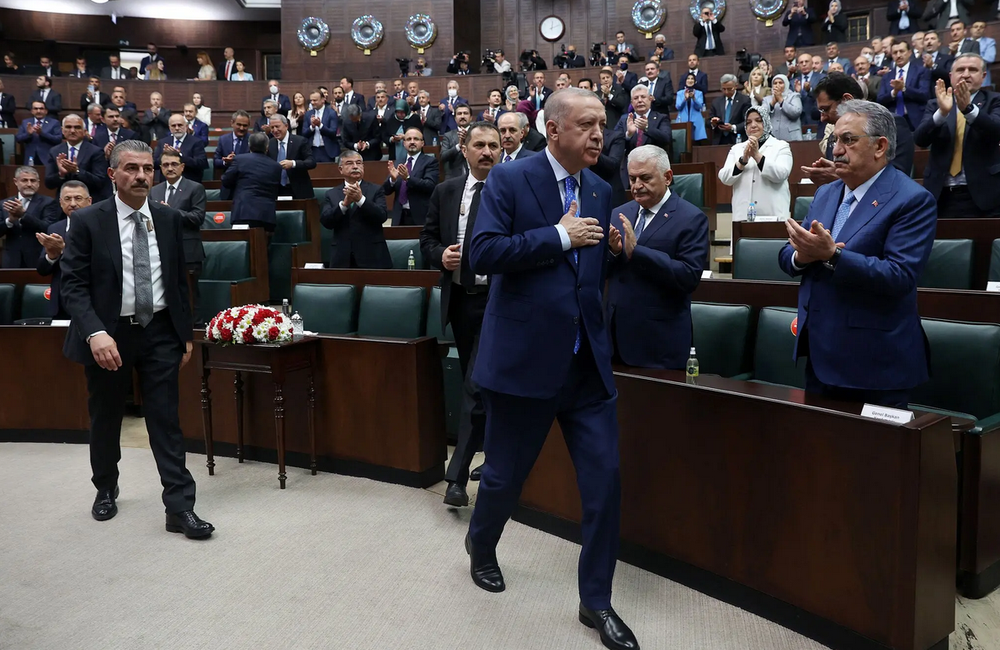
President Recep Tayyip Erdogan has expressed opposition to Finland and Sweden joining the bloc. Photo: Getty
In his address to parliament on the same day, Mr. Erdogan criticized the West’s support for Kurdish groups, which Ankara considers terrorists. The President of Turkey commented: “It wouldn’t be wrong for me to say that we feel bittersweet when we see solidarity and cooperation in the region, resources utilized, embraces welcome and tolerance shown. But they are. I, as a NATO ally, who have struggled with terrorism for years, where borders are harassed, major conflicts are happening right next door, have never seen a picture like it. so”.
Erdogan added: “Turkey asked them to hand over 30 terrorists. But they just replied, ‘we can’t deliver them to you.’ You don’t agree to hand over terrorists but want to join NATO. We cannot agree to be an organization that lacks security and confidentiality”.
The PKK is a Kurdish guerrilla group that has been fighting a decades-long separatist insurgency in parts of Turkey. The PKK was designated a terrorist organization by the US in 1997.
However, President Erdogan remains dissatisfied with the support from Washington and Stockholm for the PKK-linked militia in Syria. Last year, his government condemned the US and Sweden over the issue. At the same time, at that time, Turkey requested the extradition of 6 PKK members from Finland and 11 PKK members from Sweden but was refused.
Mr. Erdogan pointed out that these issues make him uncomfortable about the NATO membership of the two Nordic countries. However, the Turkish president said he would not completely veto their application to join.
Ibrahim Kalin, Erdogan’s spokesman and foreign policy adviser, added: “We are not closing the door. But we are basically raising the issue regarding the national security of Turkey.”
Hungary’s attitude
Similar to Turkey, national security is also an issue raised by Hungarian Prime Minister Viktor Orban. Hungary depends on Russia for energy, with 85% of its natural gas and 65% of its oil supply coming from Russia. In addition, the country also uses Russian technology in nuclear power plants.
While Hungary has already approved all previous EU sanctions packages, including an embargo on Russian coal, Mr Orban stated that the Russian oil ban would be like an “atom bomb” for Russia. Hungarian economy.
Similar to President Erdogan’s position in NATO, Prime Minister Orban now also holds the decisive vote in the EU in an effort to finalize a gradual embargo on Russian oil, the main measure of the second sanctions package. 6 of the union.
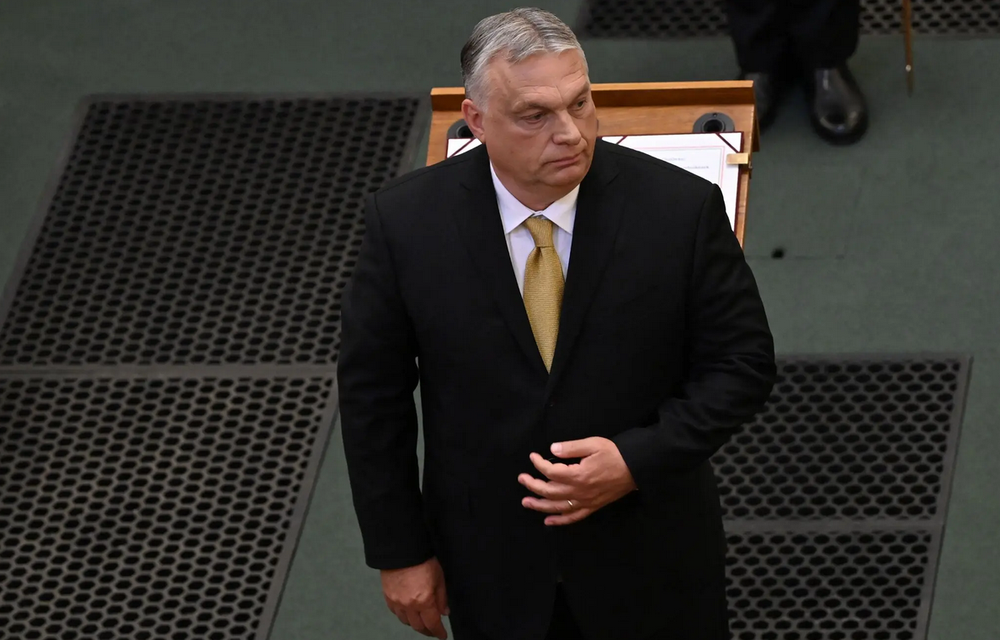
Hungarian Prime Minister Viktor Orban at Parliament. Photo: Getty
Discussions to resolve the situation began in mid-April. After extensive consultations among officials and diplomats from the 27 EU member states, a proposal was put forward to seek unified. Among them, the proposed First Amendment gave Hungary and Slovakia the opportunity to find alternative oil suppliers. While the 25 EU members will have until the end of the year to abandon their dependence on Russian oil, Hungary and Slovakia have been extended until the end of 2023.
Then Hungary offered to give them more time. The latest revised version of the package gave them until the end of 2024, but Orban insisted that Hungary would need billions of dollars from the bloc to protect the national economy. The selection of different oils and the modernization of Hungary’s energy system will cost between 15-18 billion euros and take about five years, said Hungarian Foreign Minister Peter Szijjarto.
However, European diplomats expect Hungary to eventually accept the bloc’s proposal to ban Russian oil because it has been granted an extension of time and received funding to support the change process. However, Prime Minister Orban is likely to extend the negotiations until the end of the month, when EU leaders meet face-to-face in Brussels (Belgium) to discuss Ukraine.
NATO officials have expressed similar confidence that Erdogan will eventually accept Sweden and Finland to join the bloc. In return, he could get some concessions that will help him politically at home, given the troubled Turkish economy and new elections next year.
at Blogtuan.info – Source: Soha.vn – Read the original article here
